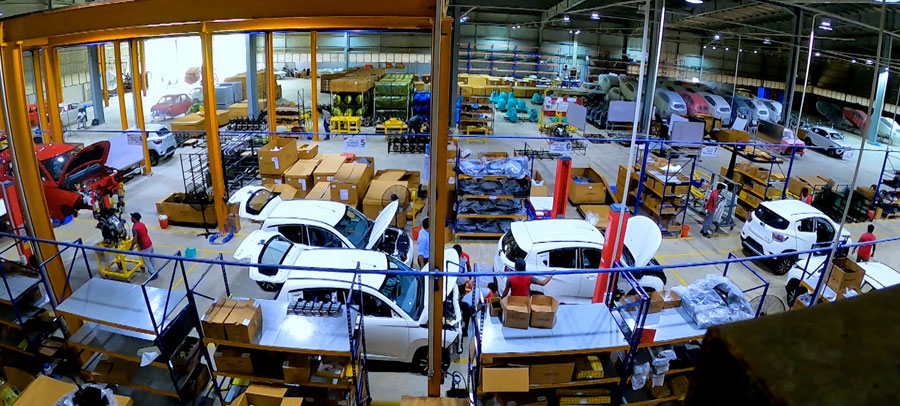These assemblies are supported by local component manufacturers who produce a range of parts such as batteries, tyres, bumpers, exhaust systems, seats, plastic parts, composite parts, liners, wire harnesses, rubber components, and metal components.
During the temporary suspension of vehicle imports, many component manufacturers have recruited over 5,000 technically qualified employees, including students and on-the-job trainees, significantly contributing to the country’s human capital development.
Additionally, this industry has indirectly created more than 10,000 jobs over the past five years, establishing a complete ecosystem that risks being threatened if unregulated imports are allowed.
They risk losing all the advancements made over this period.
Although the SOP is a government policy to promote local industry, the President of the Local Assemblers’ Association said, the new decision to open up completely built unit (CBU) imports will discourage more than 20 local assemblies of international brands operating in Sri Lanka.
These brands include Hyundai, Mahindra & Mahindra, TATA, Lanka Ashok Leyland, DFSK, JMC, Chery, Proton, Wuling, and BAIC for four-wheelers, and TVS, Bajaj, and Hero for two-wheelers, effectively covering the below-250cc motorcycle market with several more to come.
This portfolio of international brands, established within a short period, is a significant achievement for any country.
Another crucial aspect is the component manufacturing sector, which has grown from nothing to one capable of developing components, scaling down manufacturing processes, and meeting international standards.
This growth has enabled major brands to set up operations in Sri Lanka, promoting the country’s technical capability on the world stage.
This industry expects vehicle and two-wheeler exports within the next five years, and notably, component exports to increase from USD 800 million to USD 2 billion, creating 45,000 jobs in the industry.
This follows the example of countries like Morocco, Thailand, Mexico, South Africa and Turkey, which have leveraged strategic advantages such as location, government incentives, and strong supply chains, to develop successful local assembly industries.
This has led to significant economic benefits, including job creation, GDP growth, and increased exports.
Moreover, a thriving local assembly industry not only contributes to GDP and job creation but also enhances the country's industrial image, attracts further foreign investments, and fosters technological and economic growth.
The assembly and local manufacturing industries request the government to maintain a fair and competitive tax structure between locally assembled and CBU imports once the temporary suspension on CBUs is removed.






















